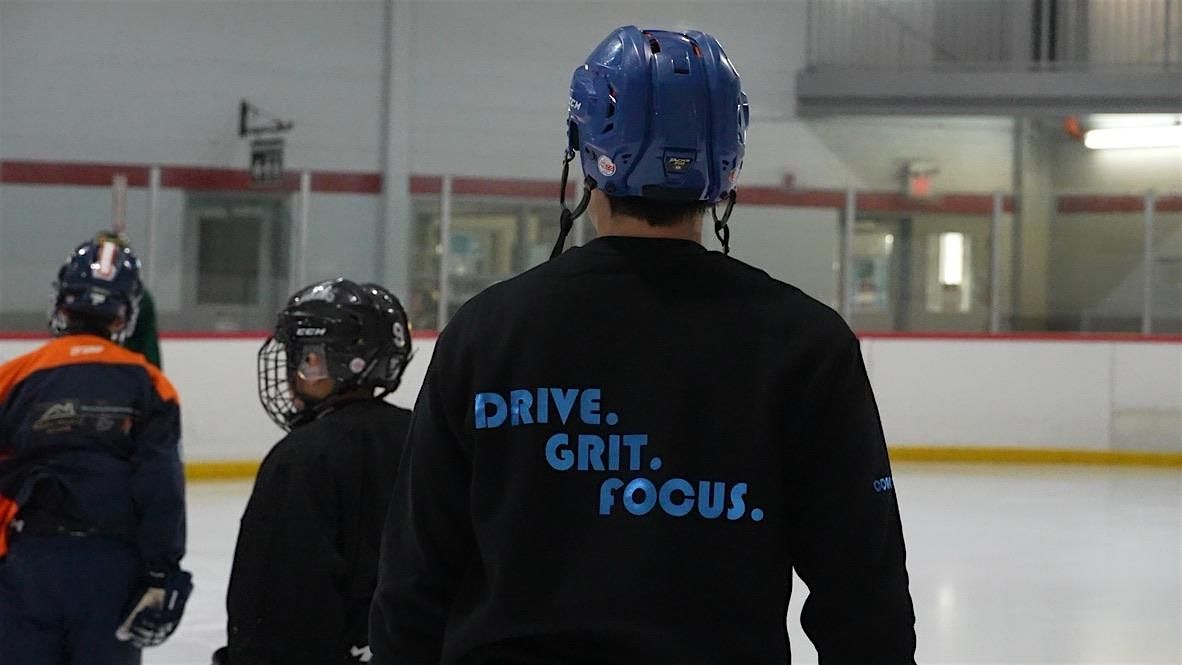
Advertisement
Learn how to tend to these amazing creatures that help to ensure our nation's food supply. The seven class course covers the beekeeping yearAbout this Event
Learn How to be a Beekeeper
Studies have shown that beekeepers often live 3-10 years longer than the rest of the population. As well they help to ensure our nation's food supply. This introductory adult 7 classes course offers hands on practical experience working with honeybees and their hives. The course unfolds over the beekeeping season with one class per month with the first class in April as the season starts, leading up to doing a honey harvest in September with the last class in October to wrap and prepare the hives for the winter.
BONUS: Each class will feature an apitherapy (the ancient branch of beekeeping to do with the health benefits of the products of the beehive) segment where a different product of the beehive such as royal jelly, honey, bee pollen, beeswax, etc will be featured and its various health benefits and how to collect this product will be explained.
Full course cost is $450 +HST
Introduction - Sunday April 13, 2025 from 11AM to 2PM
A basic overview of the course focusing on what the honeybees are doing in spring. How to identify the various components and parts that make up a beehive. Various modes and models of existing beehives and their pros and cons. Building some parts of a beehive. Beekeeping gear. Formal regulations governing beekeeping in Ontario.
BONUS: Apitherapy overview and feature on Royal jelly and how to harvest it. 2 hours in classroom and 1 hour in the bee yard.
Spring Hive check - Sunday May 18, 2025 from 11AM to 2PM 1 hour in classroom and 2 hours in the bee yard.
Looking to identify the 3 different castes of honeybees. If the queen is healthy and laying properly. How to spot evidence of the queen bee. Her eggs and other signs to be able to rapidly discern and identify her. from the other honeybees. Classroom lesson is pollinator garden design suggestions and how to use pollen charts for selecting maximum nectar and pollen producing forage. Covered as well will be how honeybees see. Their special vision, different from human, that helps to make them excellent pollinators.
BONUS: Apitherapy feature on honey its health benefits, how it is named etc.
Basic Honeybee Biology - Sunday June 8, 2025 from 11AM to 2PM 1 hour in classroom and 2 hours in the bee yard
Introduction to pest management for the honeybees, varroa mites, small hive beetle, other predators such as skunks, bears etc. Treatment and prevention of the various pests, best practices etc. How to acquire honeybees and wooden ware.
BONUS: Apitherapy feature bee venom its health benefits (provided one is not allergic to it), how to collect it, etc.
Summer Hive Check - Sunday July 13, 2025 from 11AM to 2PM with 1 hour in classroom and 2 hours in the bee yard
How to increase honey production. How to safely and organically treat for mites and predators during nectar flow. Tips for urban and rural beekeeping. Where to located beehives. Site selection criterion, for hive orientation direction, predator and pest concerns, weather and water concerns, bees flight paths pedestrian traffic awareness etc.
BONUS: Apitherapy feature: bee pollen its health benefits, how it is harvested etc.
Late Summer Hive Check - Sunday August 17, 2024 from 10AM to 2PM 2 hours in classroom and 2 hours in the bee yard
Arrive at 10AM if you would like to see an optional screening of The Sacred Bee Part 1 (Duration 1 hour, a fascinating film which explores the spiritual dimension of the honeybees).
Checking for honeybee health. Preparing the hives for honey harvesting. Using drone brood traps for mite control and other organic methods for pest control. Listening to the honeybees. The various tones and sounds they make and general interpretations and indications of what they can mean.
BONUS: Apitherapy feature: bee propolis its health benefits, how to collect it etc.
Honey Harvest - Sunday September 14, 2025 from 9:00AM to 5:00PM 30 minutes in classroom and 1 hour in the bee yard 6 hours harvesting honey.
Doing an actual honey harvest. Selecting frames for harvest. Various methods for getting the honeybees off the frames one would like to harvest. Pulling honey supers for harvest. Uncapping and extracting honey.
Preparing the Honeybees for Winter - Sunday October 26 2025 from 11AM to 2PM 2 hours in classroom and 1 hour in the bee yard
How to treat with oxalic acid. (Vaporization and dribble method) How to feed honeybees if necessary. How to medicate honeybees if necessary. How to wick a beehive to draw out moisture from an overwintering hive. How to wrap hives and use entrance reducers. What do the honeybees do during the winter?
BONUS: Apitherapy feature: beeswax its health benefits, how to render it etc.
Advertisement
Event Venue & Nearby Stays
The Bee Shop, 1340 Bloor Street West, Toronto, Canada
Tickets
CAD 480.58












